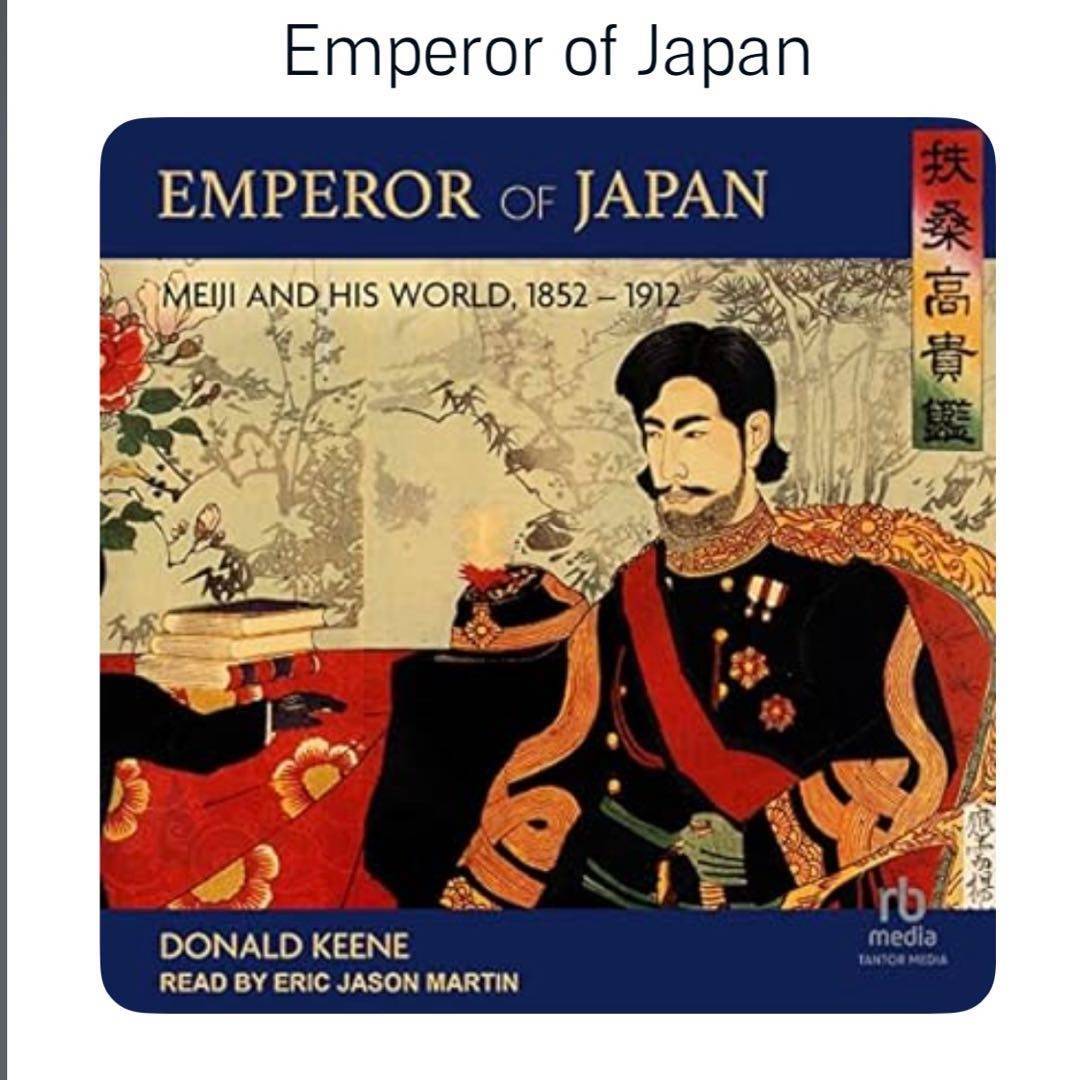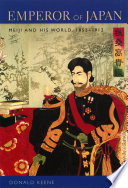
This nearly 40 hour audiobook is nothing if not thorough. At such a length it‘s hard to stay focused on everything, and after a while it becomes tough to keep names straight. Nonetheless, I learned a lot about a period of Japanese history in which I was uneducated.
A pick for me, but if I had read a hardcopy, I‘m not sure I could‘ve made it all the way through. The narration by Eric Jason Martin contributed much to my enjoyment of this tome.
8 likes


















